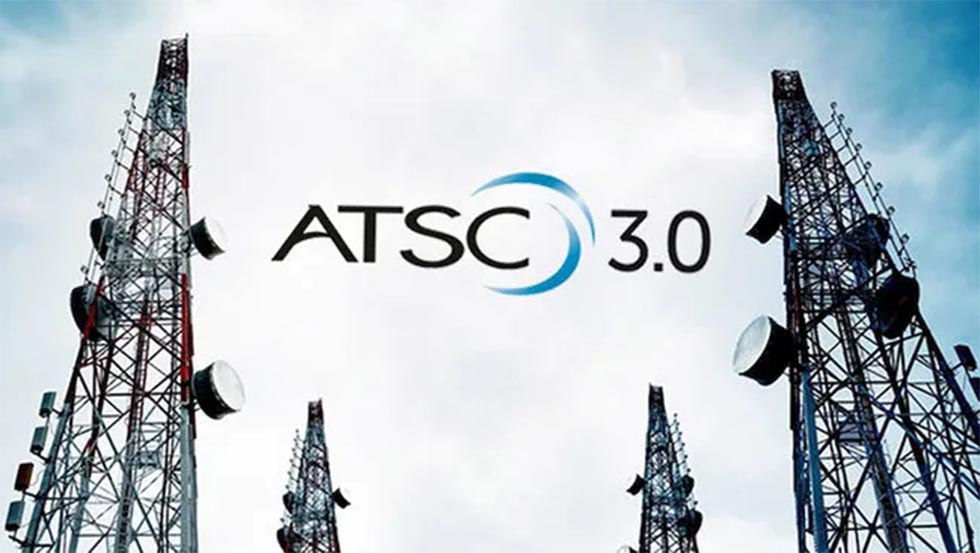Commissioners praise LPTV stations for local service, recognize difficulty in digital transition
FCC Chairman Michael Powell and the four other commissioners last week used the commission meeting to acknowledge the difficult issues many LPTV and translator stations face in making the transition to digital service. The FCC also recognized these stations for their commitment to localism and their communities.
Commissioner Kathleen Abernathy pointed out the daunting task of LPTV and translator stations making the digital transition. "This is a significant challenge," she said. "How do we bring the benefits of digital television to those particularly in rural areas that rely on low-power and television translator stations?
"The challenge is significant enough in urban areas. You get out into rural areas where hundreds of communities depend on these low-power services for free over the air television – for some it's the only service they get. And we've got some challenges in front of them making sure this happens."
Commissioner Michael Copps pointed to his first-hand knowledge of the role of LPTV and translator stations in their communities. He said: "There are hundreds of local communities all across this country that depend upon the low-power and translator stations for free over the air television service.
"As you (Abernathy) said in some areas this may be the only source for local news and information. In other areas, LPTV programming may be geared to a niche audience such as foreign language programming or whatever. And these are services that we should want to see continued in the digital era. This service is needed because it adds I think to media localism and media diversity and media competition."
Commissioner Kevin Martin concurred. "As commissioner Abernathy said in some cases this is the only option that they have in the rural communities. So the effort to ensure that rural America is not left behind during in our digital transition is critical."
Commissioner Jonathan Adelstein pointed to the intent of lawmakers in his comments about LPTV and translator conversion. "I think Congress intended the digital transition to benefit all Americans, including those who live in rural America," he said.
Get the TV Tech Newsletter
The professional video industry's #1 source for news, trends and product and tech information. Sign up below.
"I think this moves us in that direction in a positive way. Given the nature of these stations, I recognize the conversion to digital raises a number of serious questions which you've (FCC Media Bureau chief engineer Keith Larson) touched upon. I think that the time is right for this item and for us to begin to address these questions.
"I'm mindful of the limited spectrum availability for the transition of low power stations and the limited finances of many of these stations. Nevertheless, we've got to move forward and confront and find creative ways to resolve these transition issues and do so in a way that minimizes the disruption of existing over the air television services to consumers and at the same time accelerate the transition to digital, particularly in rural areas."
For his part, the Chairman Powell focused on the technical challenges in the transition and the FCC Media Bureau's engineering prowess. "I think the average person doesn't appreciate how technically complex the digital transition is," he said. "When I first came to the commission in 1997, I remember taking a tour of the media bureau, and there were computers running all over the place as engineers proceeded to talk me through how they were running digital TV allotment issues, and they told me the computer will run for the next three days before they knew how it worked out.
"It is a massive engineering undertaking and I thank Keith and our engineers and those who have worked on this for nearly a decade have just done an exceptional job." He concluded, "I'm glad to see them lending their formidable talents to continuing the effort in the area of rural America."
For more information visit www.fcc.gov.
